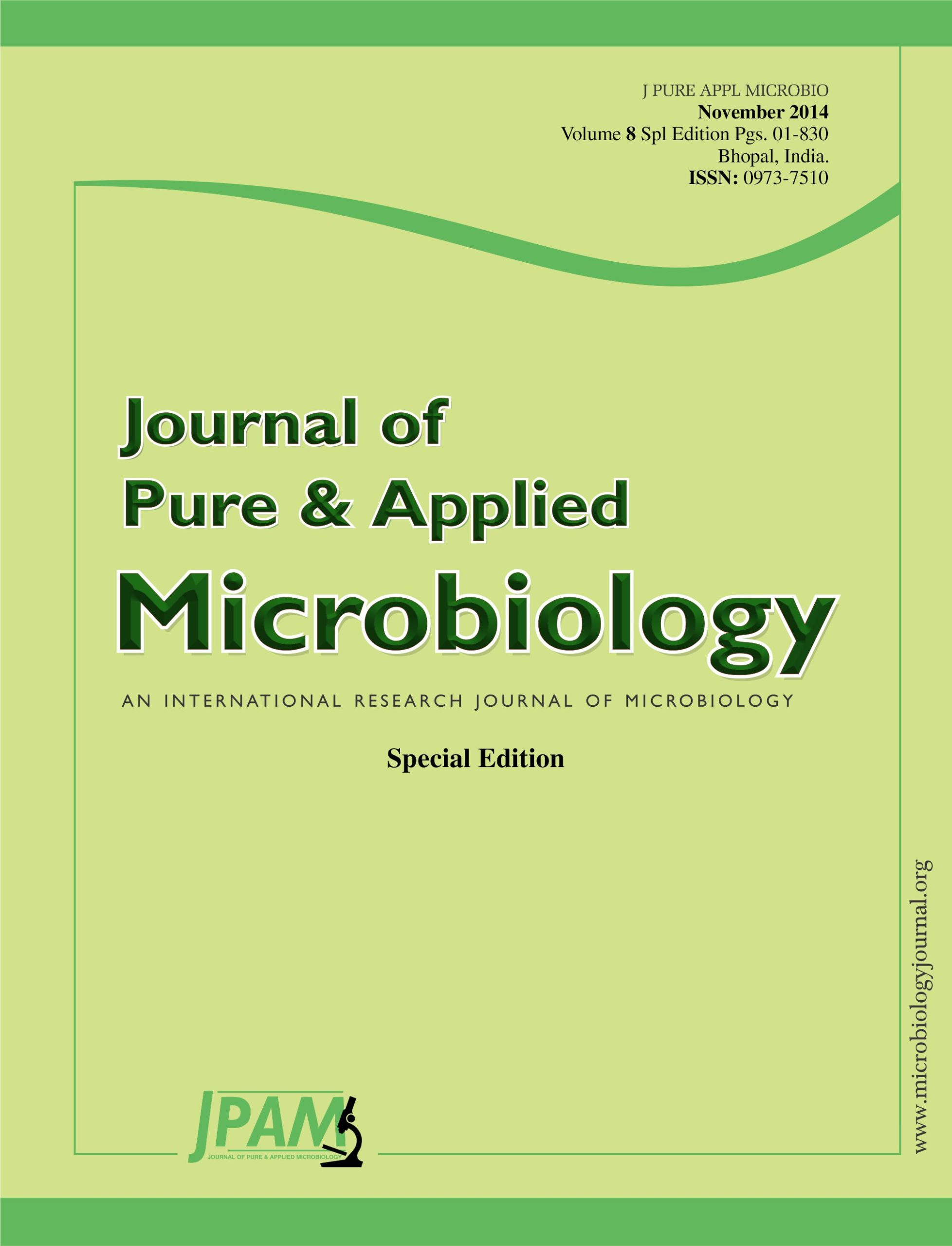The antibacterial activities of 3 plant extracts of were studied. The dried extracts of Salvia officinalis (Lamiaceaea) (leaf) and Opuntia ficus indica (Cactaceae) (fruit) were tested in vitro against 3 bacterial species named, Escherichia coli, Staphylococcus aureus and Pseudomonas aeruginosa by disk diffusion and micro-dilution. The patterns of inhibition varied with the plant extract and the organism tested. Staphylococcus aureus and Escherichia coli were the most inhibited microorganisms. Salvia officinalis extract was the most active against Pseudomonas aeruginosa. Results of this kind herald the interesting promise of designing a potentially active antibacterial agent of plant origin. It can be suggested that ethanol extracts of these plants are a great potential source of antibacterial compounds that could be used in the formulation of new antimicrobial drugs of natural basis.
Antibacterial, medicinal plants, Opuntia
© The Author(s) 2014. Open Access. This article is distributed under the terms of the Creative Commons Attribution 4.0 International License which permits unrestricted use, sharing, distribution, and reproduction in any medium, provided you give appropriate credit to the original author(s) and the source, provide a link to the Creative Commons license, and indicate if changes were made.


